
- cart Free Trial
Book your Bespoke Consultation Now! Book Consultation
CHANGING THE NARRATIVE
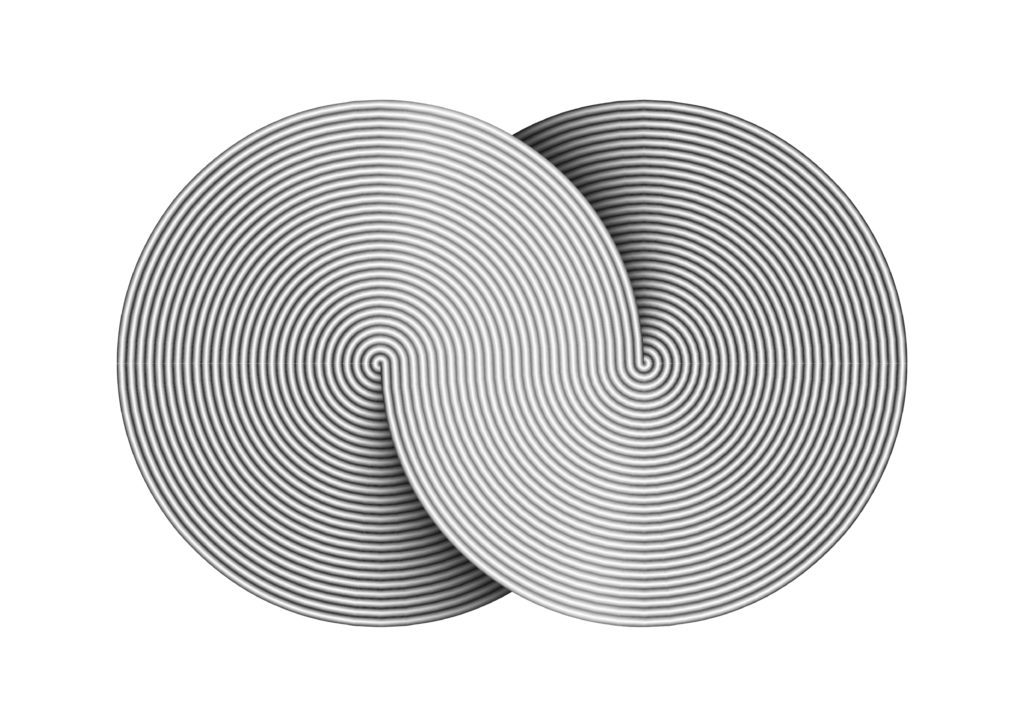
How do you feel about your period? Do you dread it, or does it pass you by? And how do you feel about the rest of your menstrual cycle? The days when you’re not bleeding. Do you notice the ebbs and flows of your energy? Did you know you can make all those different feelings work with you rather than against you?
If you think this all sounds a bit crackers. Do not fear! For so long we’ve been socialised to pretend it’s not happening– how many times have you tried to hide a tampon up your sleeve? And think back to school and how you got told about periods. For me at least, all I remember was being told “you bleed once a month when you start puberty and now you can get pregnant. Here’s a condom on a cucumber.”
I’m going to break down what’s going on with your menstrual cycle in each phase. And introduce you to a concept of the seasons that will help you remember where you’re at in your cycle and what to expect.
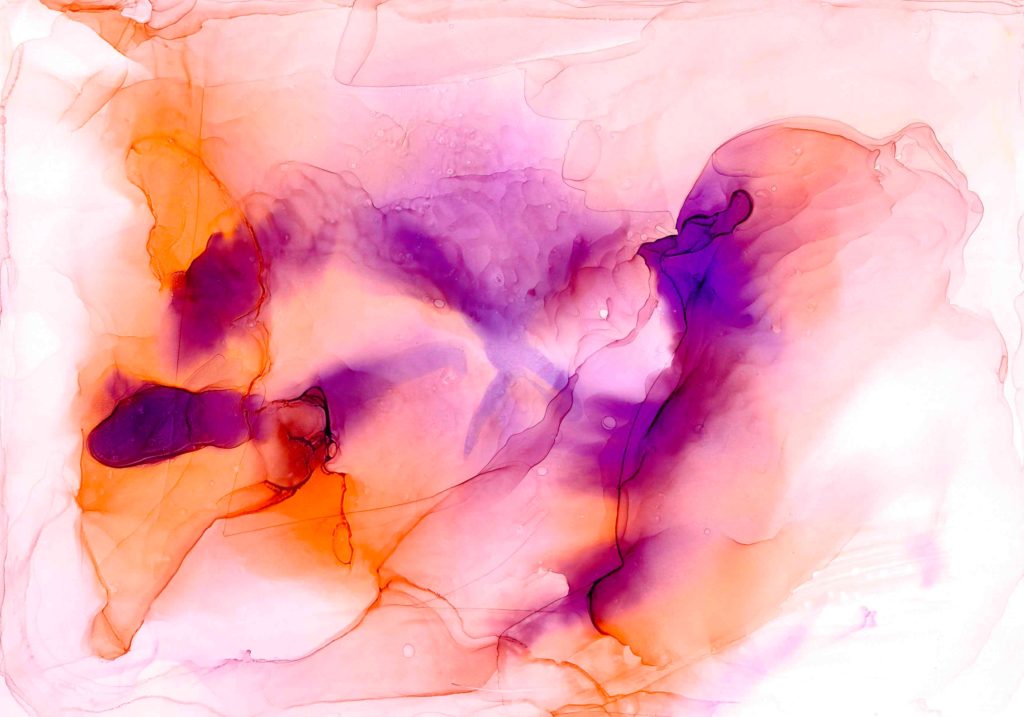
A new cycle starts with the arrival of your period. This is cycle day 1. There are two main hormones that govern your menstrual cycle, oestrogen, and progesterone. During your period they are super low and will stay low for roughly the first three days of your menstrual cycle. Most people are likely to feel low energy and depleted.
During your period is a good time to dial back where you can and get some rest, nourishing food and make a bit of time for yourself. In terms of seasons, the duration of your period is your Winter. Think of nature going into hibernation conserving its energy for later in the year. Your bleed is the perfect time for this!
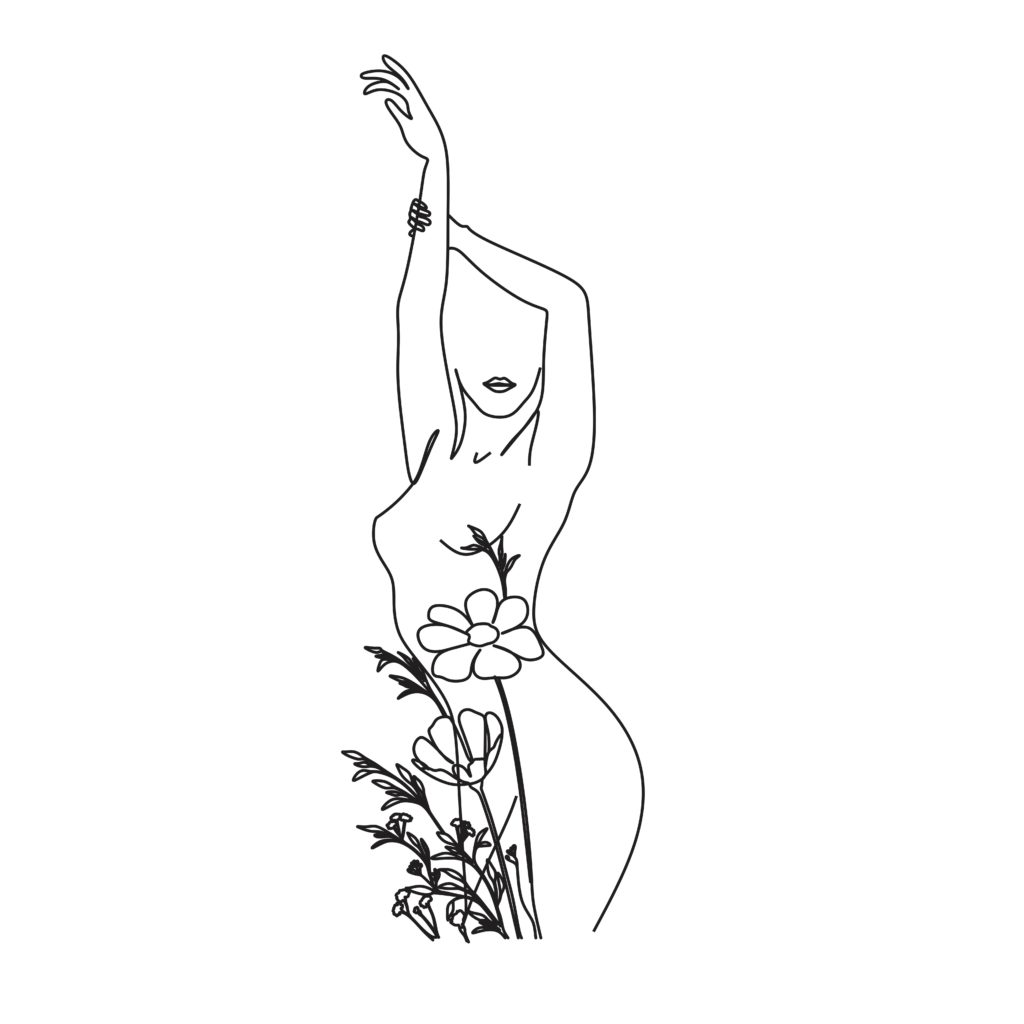
After your winter/bleed you’ll move into Spring. Oestrogen is on the up and you’re likely to have a bit more of a spring (pardon the pun) in your step. Spring is full of potential and new energy. And who doesn’t love that “I’ve just finished my period” feeling?
Now might be a good time to explore some new ideas and play with possibilities. You might also start to feel more outgoing and social. Whilst spring is full of options, you might want to save some of your energy for what’s around the corner…
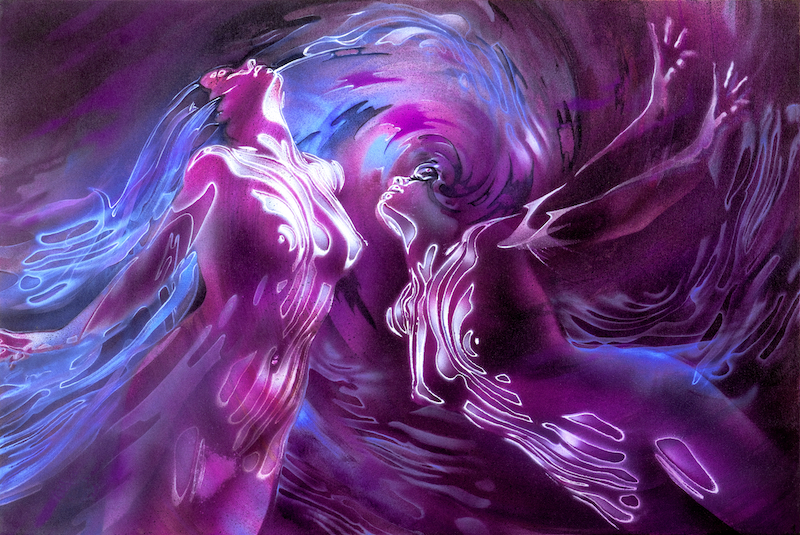
SUMMER. Ohhh yeah! The summer of your cycle is all about ovulation. And to me, ovulation is the main event, not your period. Oestrogen levels have become high enough to trigger a surge of luteinizing hormone which will cause a little egg to be released from your ovary, ready to be fertilised- ovulation. When oestrogen is super high it can make you feel full of energy. (In fact, lots of athletes that have a menstrual cycle will get their PB’s at this point.) Now might be a good time to go for it in terms of your exercise routine. It can also make your libido shoot up! Oestrogen wants you out in the world and looking for a hookup to fertilise that egg. And even if you are LGBTQIA+ or straight and not wanting to get pregnant, oestrogen will still have you feeling hot, confident and ready for the world.

It’s also during your summer that you should start to see cervical mucus. This is one of your fertile signs and a fantastic way to track your ovulation. In the 5 days or so leading up to ovulation, when you wipe after (and before if you learn fertility awareness with me!) going to the toilet you might notice mucus/fluid on the paper. Cervical mucus helps to keep sperm alive and extends the fertile window for when a pregnancy can occur.
Mucus can be lotion-like and a bit sticky (non-peak mucus) or clear, stretchy like egg whites, and lucrative (peak mucus). Both peak and non-peak mucus are fertile and a sign that ovulation is close. Once ovulation occurs your mucus will dry up and you won’t see any until your next cycle.

Once ovulation has occurred your body will start to make progesterone. It’s worth noting that you MUST ovulate to make progesterone. During ovulation the egg bursts out from the ovarian follicle and leaves behind the shell of the follicle it once called home. It’s this shell that turns into a temporary gland called the corpus luteum and it’s the corpus luteum that releases progesterone.
Progesterone is our “pro-gestation” hormone and will help you to maintain a pregnancy. For many, progesterone will make them want to slow down a little, to eat a bit more – you actually NEED more calories a day during this part of your cycle!
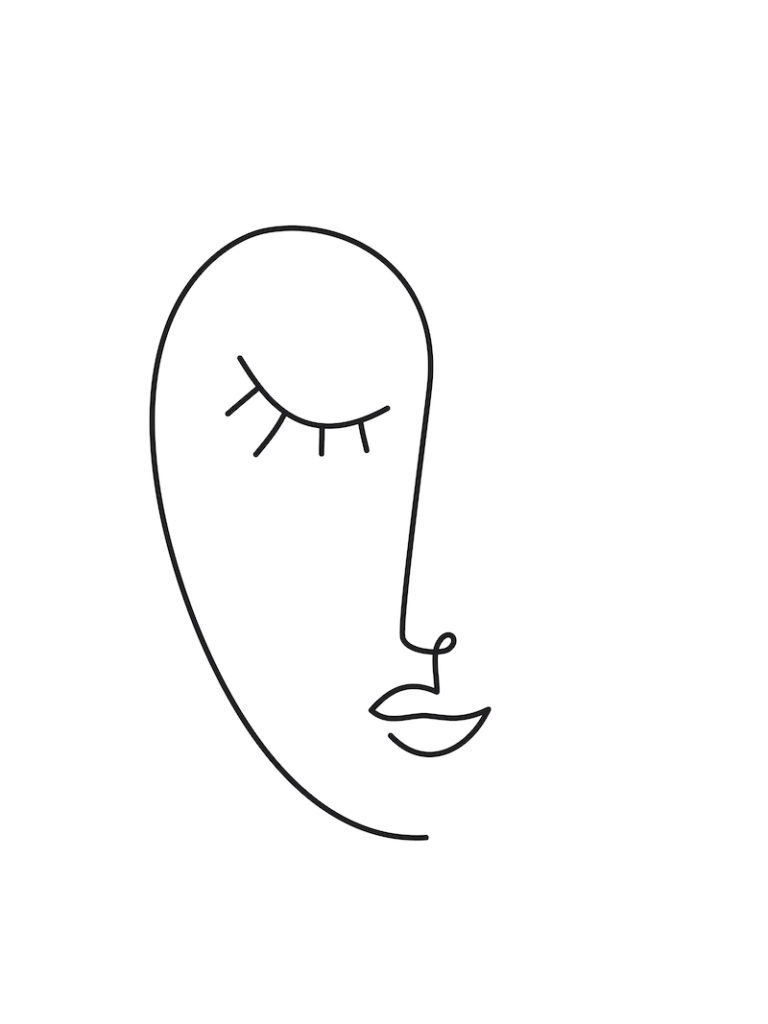
This phase of your cycle is called your Autumn. Now is when all the pain and PMS, or as I like to call it, “Period Doom: an impending sense that the world is about to end whilst you wait for your period” sets in. Now is a powerful time to learn how to say no! Your capacity to handle things changes throughout the cycle and, for me at least, I know I can show up better at work or in difficult conversations when I’m in my spring or summer.
So, if a nerve-wracking opportunity comes up in my autumn I’ll see if I can move it to a different time of my cycle. Just try it! You’ll be surprised at how many things can be moved if you ask.
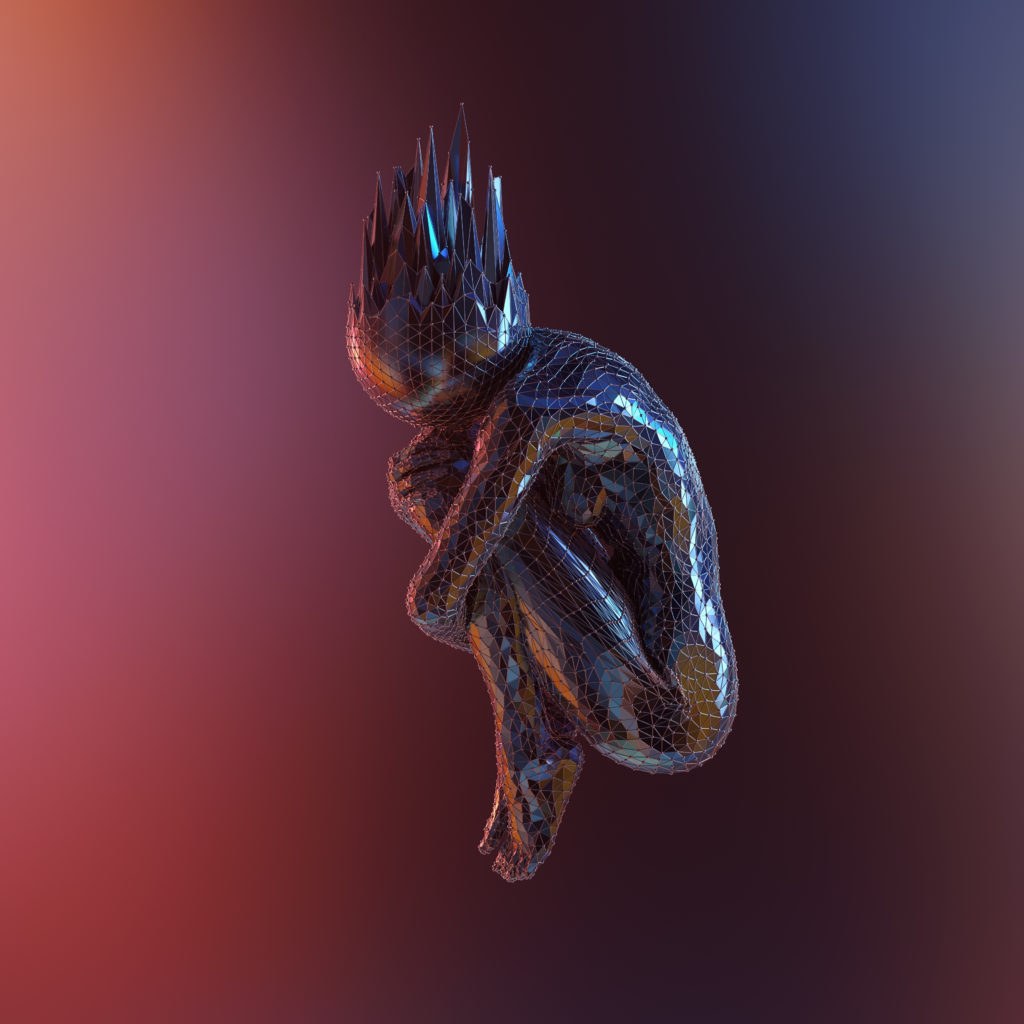
If you really struggle during your autumn get some serious self-care in place. Reflexology and Acupuncture are fantastic ways to help ease period pain and PMS. Also making some lifestyle changes to support your hormones including:
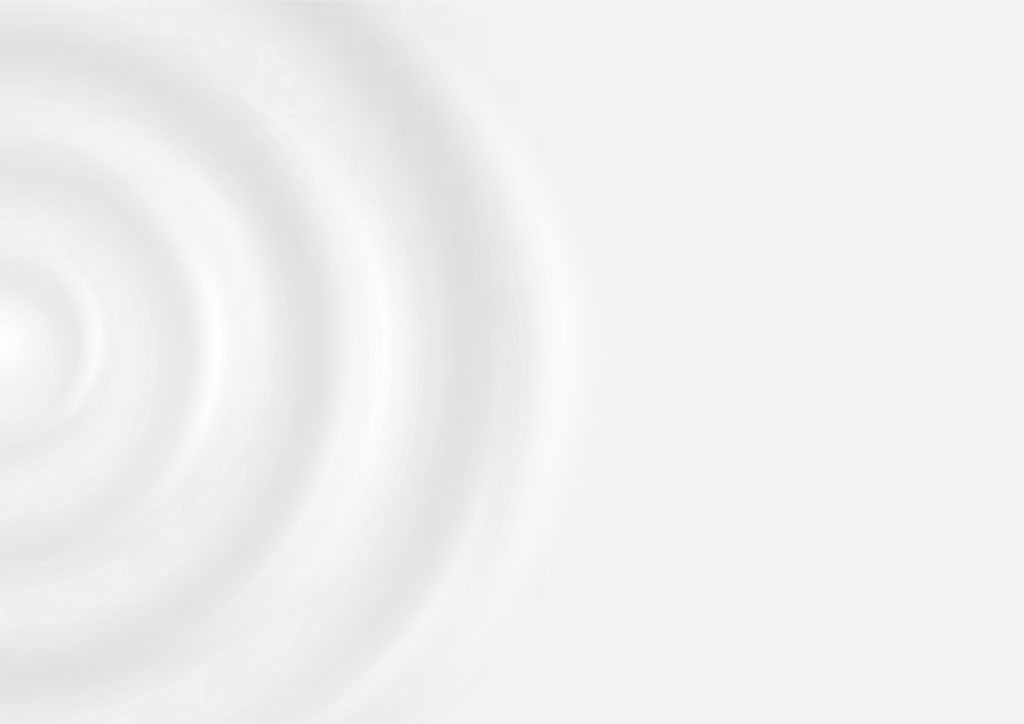
If a pregnancy hasn’t occurred this cycle, 12-14 days after ovulation your lovely corpus luteum will break down and progesterone will start to plummet. The drop in your hormones during the tail-end of your autumn is what causes once cycle to end, and the start of your period before we start the process all over again.
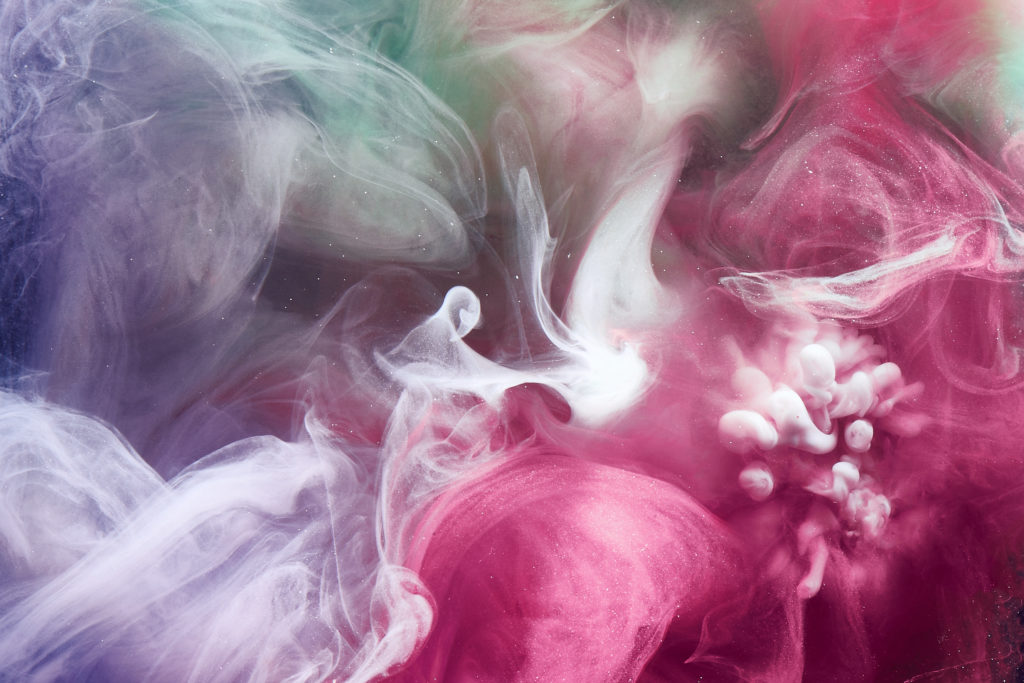
Tracking your cycle for at least a few months is a really great way to know how your hormones impact you, when you’re fertile, and when to prepare and get the snacks in!
Just checking in daily, noting what cycle day it is and how you feel will give you a wealth of information. You can do this on paper or in many apps. If you want to read more about understanding your cycle, look at the work of Lisa Hendrickson Jack, my fertility awareness mentor and for more on the season I would read Maisie Hills book, Period Power. Both women have highly influenced my work.

I hope that’s given you an insight into what’s going on with your cycle and why you might feel different every day. Ohhh and that your period education at school was shoddy to be polite about it!
Witten by Katy from @reflex_east
Katy is a reproductive reflexologist and fertility awareness coach. She supports people with their periods, when trying to conceive naturally or through IVF and into pregnancy. She works in Hackney, Streatham, Balham and online